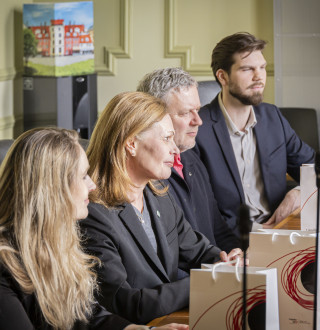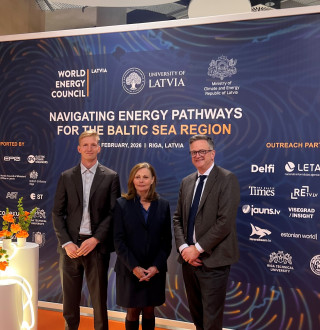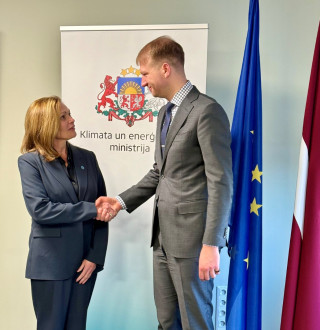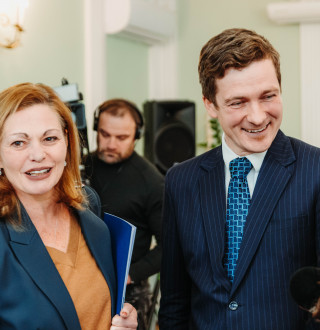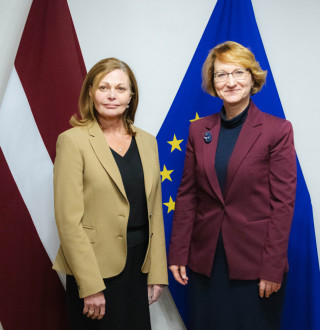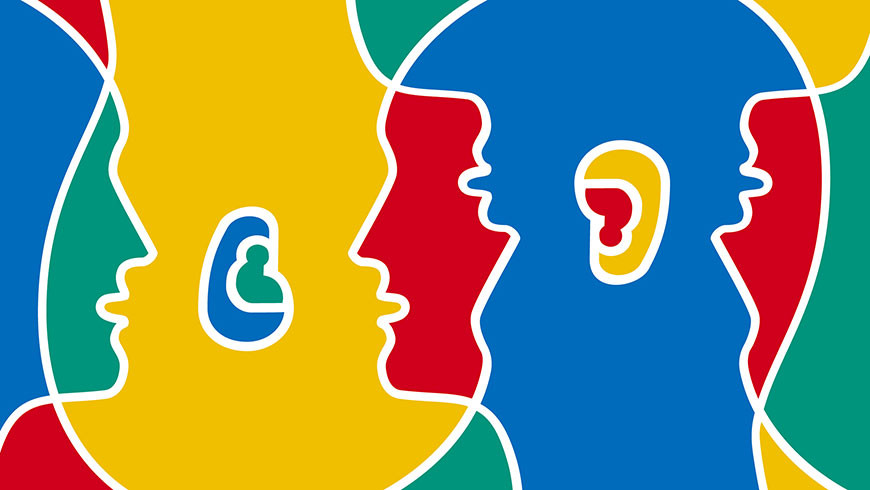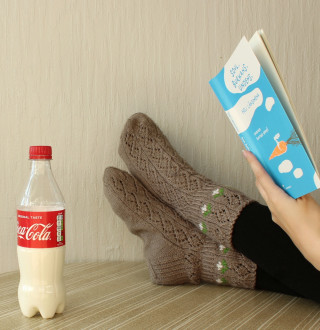Since 2001 the European Day of Languages on 26 September is a well-established opportunity to raise awareness about language learning and linguistic diversity.
The Nordic countries are home to a diverse range of languages, both small and large. All languages in the region are regarded as equal, as stated in the 2006 declaration on Nordic language policy, but not all play the same role in society. The official languages of the Nordic Council and the Nordic Council of Ministers are Danish, Finnish, Icelandic, Norwegian, and Swedish.
Sweden is the largest of the Nordic countries, and with over 10 million speakers Swedish is also the region’s most widely spoken language. In addition to being the official language of Sweden, it is one of the two official languages in Finland and the autonomous region of Åland.
Danish is the second most spoken language, with approximately 6 million speakers, despite Denmark's population is slightly less than this figure. Greenland and Germany have designated Danish as a minority language.
Norway is home to many dialects and the Norwegian written language consists of two forms, Bokmål ('Book Language') and Nynorsk ('New Norwegian'). Both are official languages, as is the Sami language in several municipalities. Norwegian is spoken by a little more than 5 million people.
Finnish is a Finno-Ugric language that is more closely related to Estonian than any of the other official languages of the Nordic cooperation. It has approximately 5 million speakers.
Of the official languages of the Nordic cooperation, Icelandic is the least widely spoken. Iceland pursues a highly protective and preservative language policy, attempting to limit the influence of other languages on Icelandic. It is most closely related to Norwegian and Faroese and has around 350 000 speakers.
Danish, Swedish and Norwegian, the three Scandinavian languages, are considered mutually intelligible, and all Nordic citizens have a right to learn one of them. With a little effort, knowing one of these languages means being able to understand them all. The shared linguistic history of the Nordic region is an important reason for and source of cooperation and the Language Councils of the three Scandinavian countries cooperate with each other to ensure that their respective languages do not diverge more than necessary. The Scandinavian languages are the working languages of Nordic cooperation. Furthermore, the Nordic region is home to a diverse range of other languages, including Greenlandic, Faroese, Sámi languages, Kven languages, and the Nordic sign languages.
